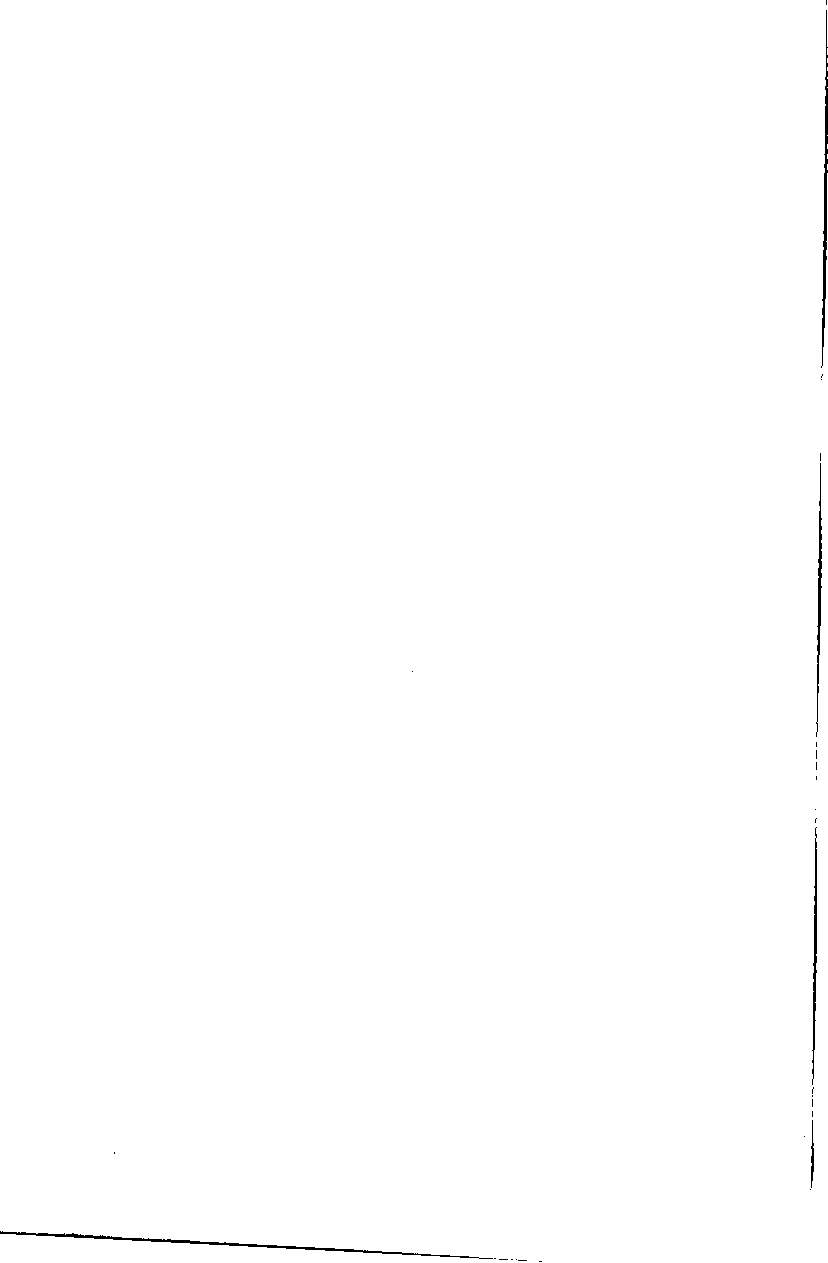
- •Country and People Geographically and Politically Speaking.
- •It does not, however, prevent them from feeling their national identity very strongly.
- •When and where did these invasions take place?
- •In what way did they influence the life of the country, its culture and the language?
- •In the previous chapter we have discussed the British people from political and geographical point of view. In this chapter we shall take a look at the British from historical point.
- •Bc. They were small, dark, long-headed and may be the fathers of darkhaired inhabitants of Waies and Cornwall today.
- •Viking rule was recognised in the east and north of England . So East Anglia and part of Northumbria formed the Viking sector. It was called the Danelaw, the land where the law of the Danes ruled.
- •Conflict between King and Parliament.
- •The Restoration of the Monarchy.
- •In 1641 at a moment when Charles badly needed a period of quiet, Ireland exploded in rebellion against the Protestant English and Scottish settlers. 3000 people were killed, most of them in Ulster.
- •Instead Britain fought wars in order to protect its areas of interest. In 1839 it attacked China and forced it to allow the profitable British trade in opium from India to China.
Instead Britain fought wars in order to protect its areas of interest. In 1839 it attacked China and forced it to allow the profitable British trade in opium from India to China.
The rush for land at that time was enormous. The governments used the excuse of bringing «civilisation» to the people. As a result European countries agreed by the treaty in 1890 to divide Africa into areas of interest. So Britain added South Africa, Sudan, Egypt to its possessions. The Empire Atlas (of 1897) shows that Britain at that time controlled much of the world including India, Australia, Canada, part of Greenland to say nothing of the vast territories in Africa. Besides imperial ambition and the liberal ideas which the British wished to advance everywhere another reason for the interest in creating colonies was the rapidly increasing population in Britain. A number of people called for the development of colonies for British settlers as an obvious solution to the problem.
The British settlers arrived to take over the land and farm it. In Australia they killed most of the aboriginal inhabitants. In Canada the native population was pushed westwards, and those not killed became part of the «white» culture. In New Zealand the Maori inhabitants suffered less than in either Canada or Australia, although they still lost most of the land.
The white colonies, unlike the others, were soon allowed to govern themselves, and no longer depended on Britain. They still however accepted the British monarch as their head of state. It prepared the way from empire to the British Commonwealth of Nations in the twentieth century.
By the end of the nineteenth century Britain controlled the oceans and much of the land areas of the world. Most British strongly believed in their right to an empire and were willing to defend it against the least threat.
But even at the moment of its greatest power, Britain had begun to spend more on its empire than it took from it. The empire had started to be a heavy load
.
